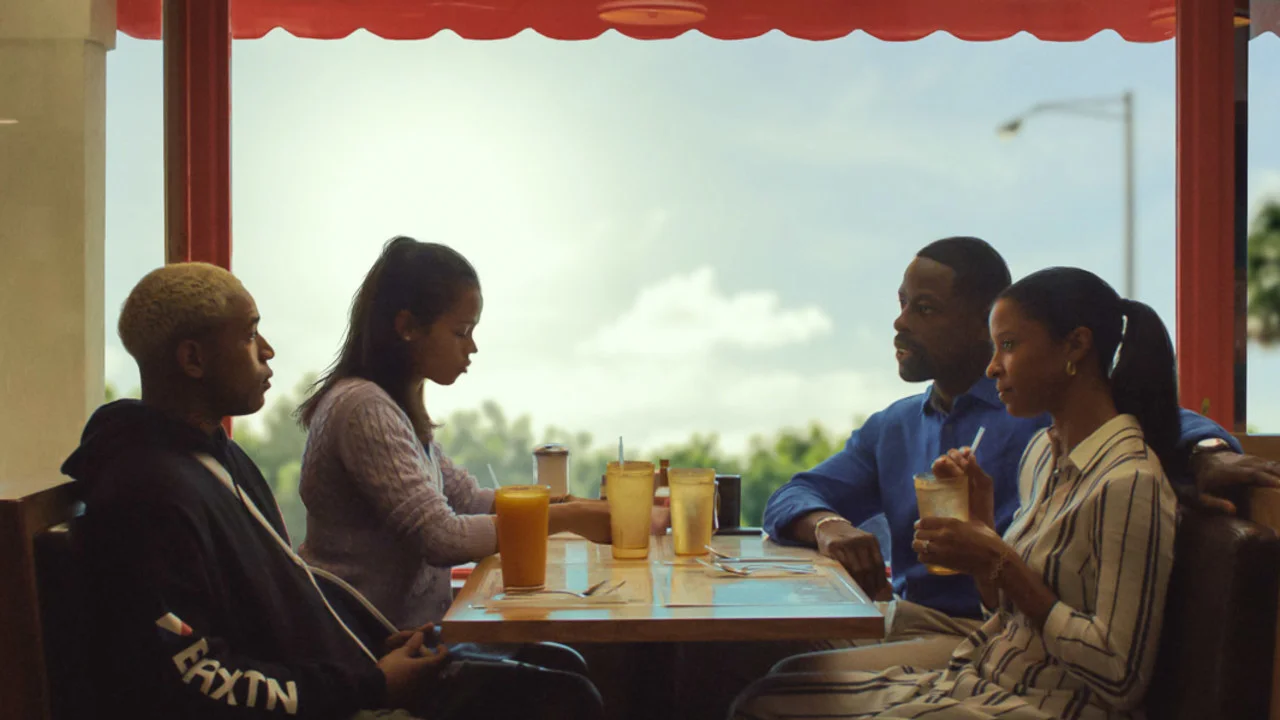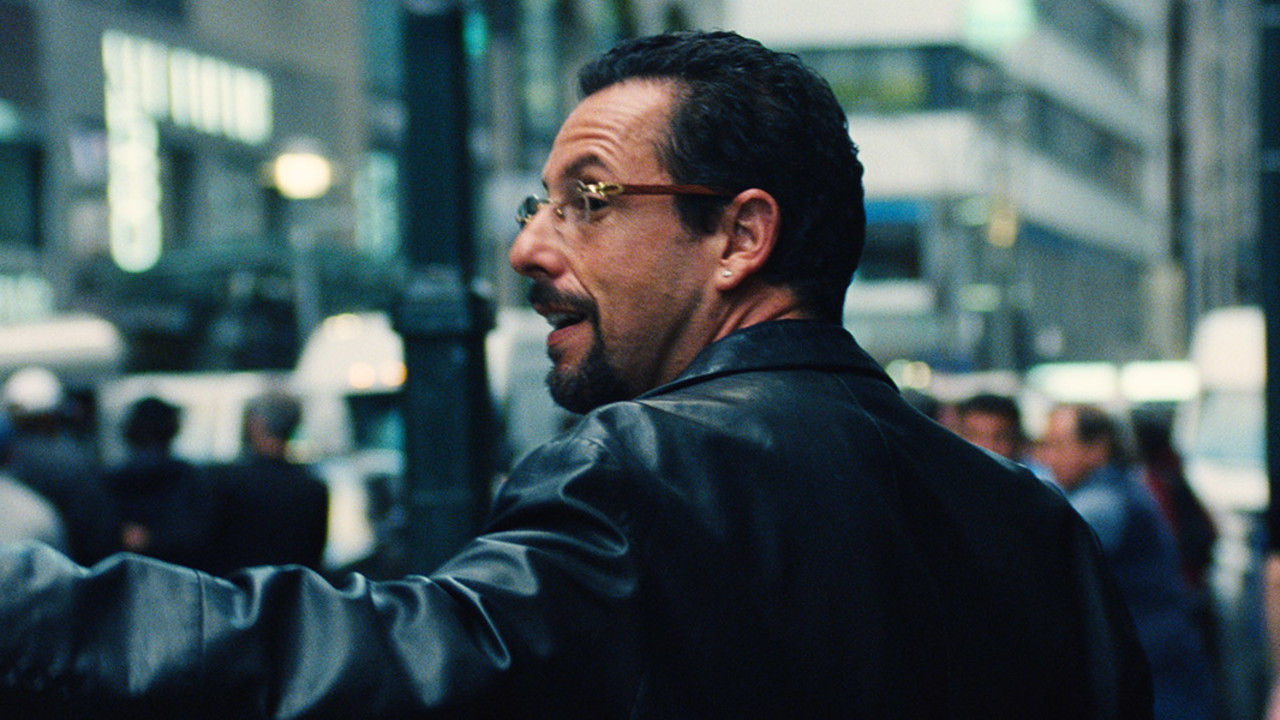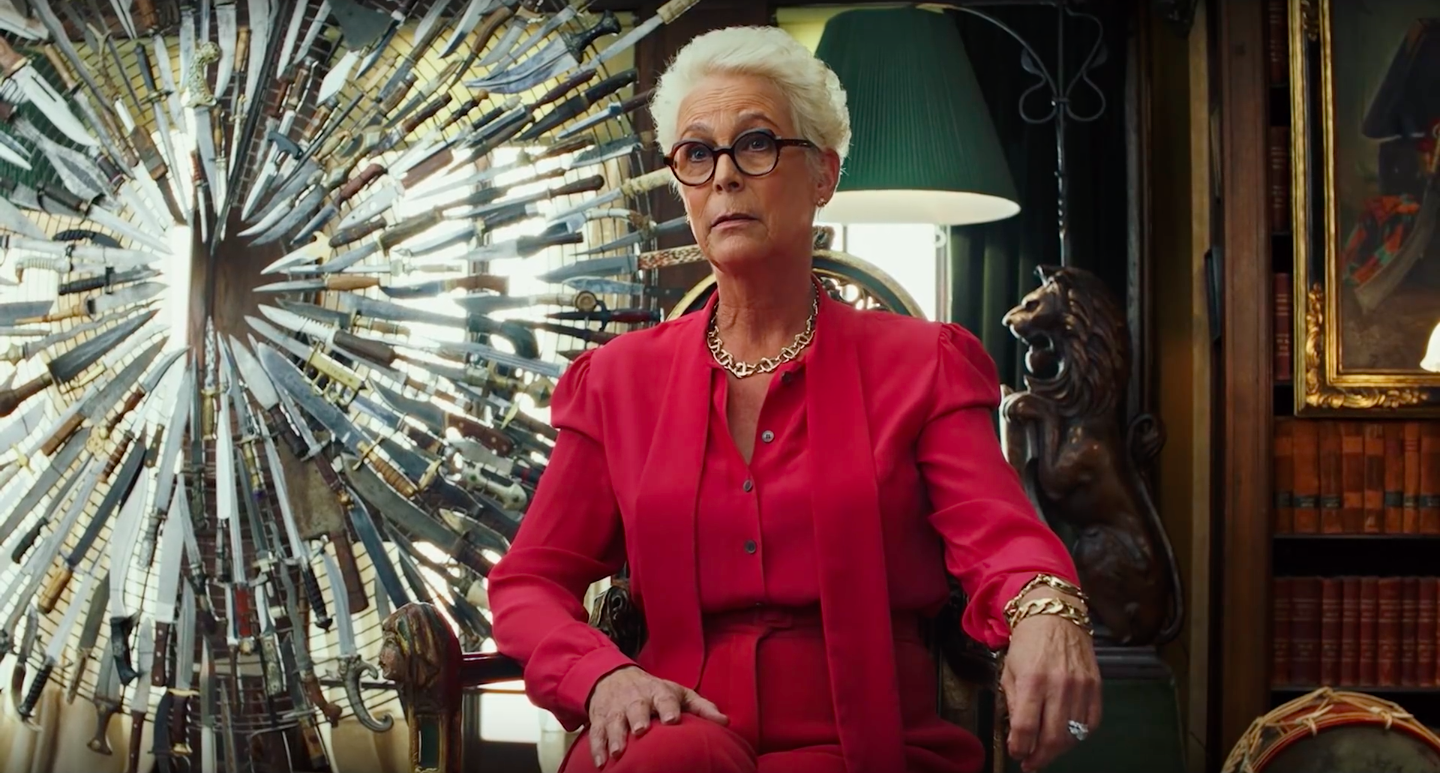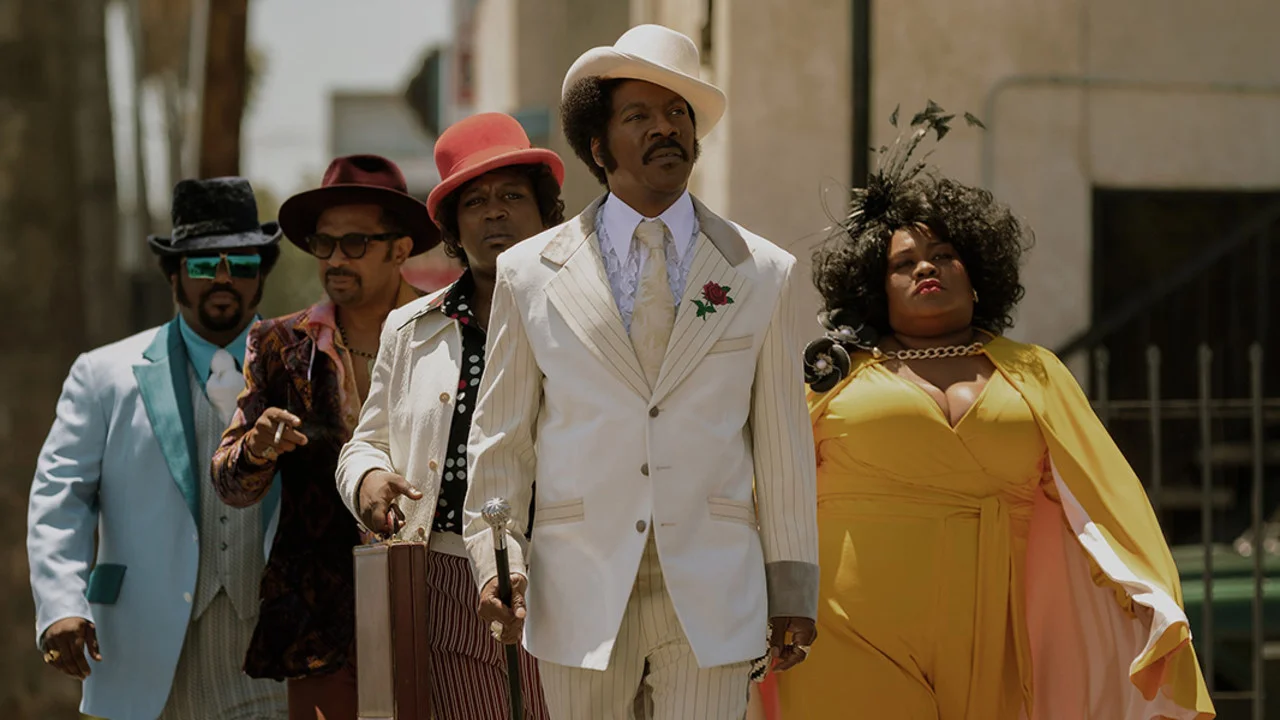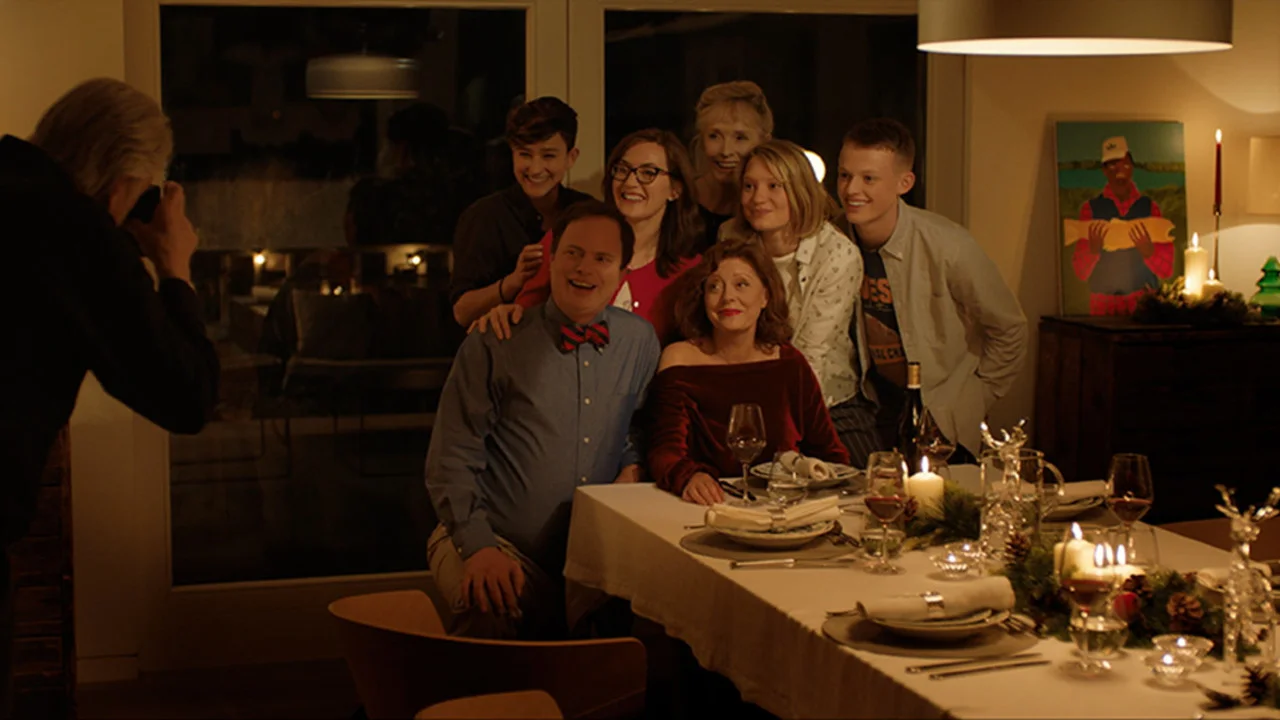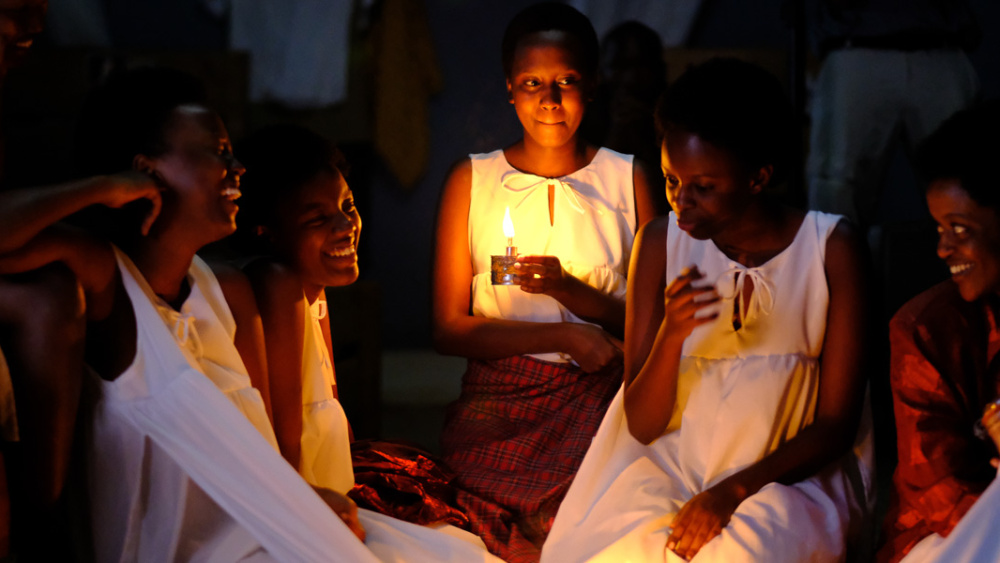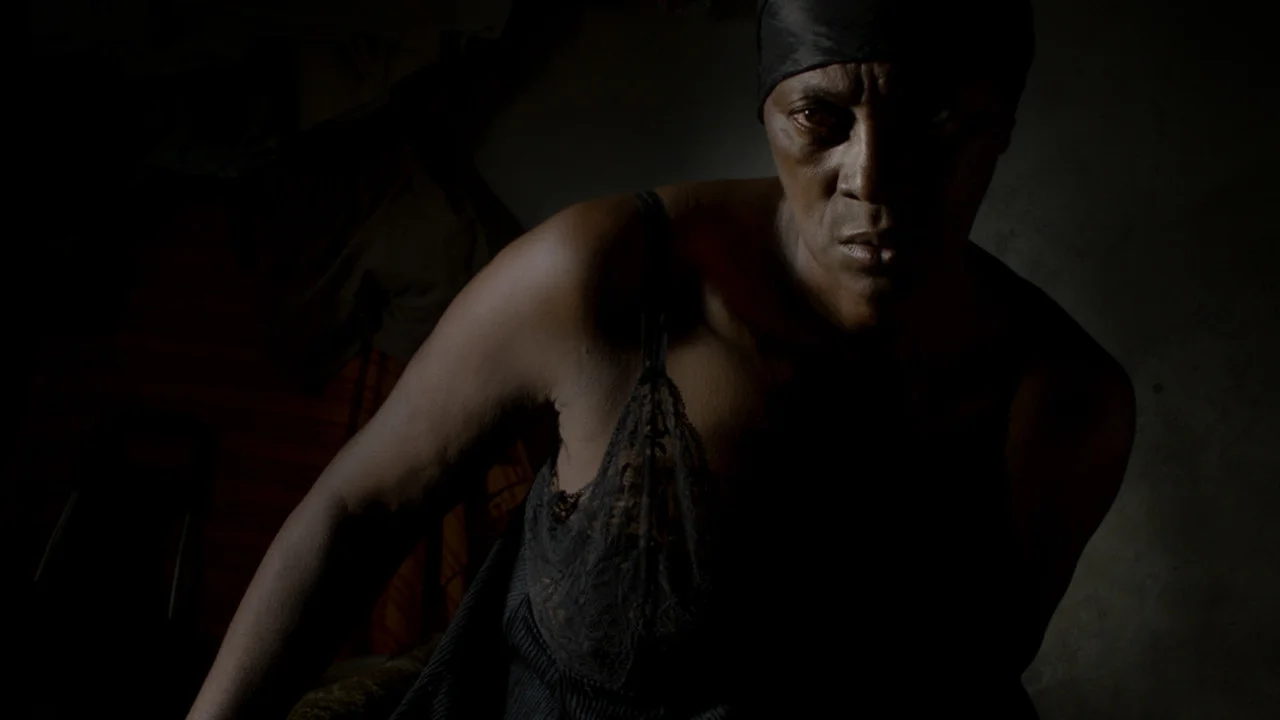Review by Zach Dennis
Although I’m someone who didn’t catch the previous two features by director Trey Edward Shults, Waves — from the outside — seems to be his most ambitious. Where both Krisha and It Comes at Night seemed to both feature small-scale, intimate portraits of family, his latest feature looks to examine the same ideas by way of a Magnolia-style sprawling epic.
While fascinating on paper, Waves feels like a story being told by the wrong author.
Following an African-American family in South Florida, the film initially is from the perspective of Tyler (Kelvin Harrison Jr.), a promising high school wrestler entering his senior year. Tyler’s journey is relatively unremarkable; it’s no different than those of most other high school athletes. His father (Sterling K. Brown) has an athletic history as well, but a knee injury kept him from pursuing it further and he implants that ambition on his son, who seems like he wants to take the next step – but not as badly as his dad.
His relationship with his mother (Renée Elise Goldsberry) seems fine if not a bit distant, and the same could be said about his relationship with his sister. He has a high school sweetheart and what seems to be a cavalcade of friends to hang out with on weekends, but the cracks start to appear when his girlfriend tells him she is pregnant and intends to keep it, just as he also is hit with an injury diagnosis on his shoulder that could jeopardize his season.
Distraught, Tyler begins to lash out at others until finally, it all comes to a head in an event I’ll withhold for the sake of avoiding spoilers (it is better to go in knowing nothing with this one). From there, and with her brother distant now in her life, the story picks up with his sister, Emily (Taylor Russell), following her as she tries to separate herself from her brother’s behavior and establish a life for herself.
Shults seems keen on investigating the dynamics of the family, but everything doesn’t necessarily come together in a way that feels natural or insightful. Brown gives the more nuanced of performances as the father, but the rest are not left with much meat.
It also is worth pointing out that Shults, a white male, is telling this intimate portrait of a black family, which seems (at least initially) to have aspirations toward investigating toxic male behaviors and the wake that they leave. The subject in this narrative isn’t given the depth it requires, leaving Shults looking like a person who just doesn’t understand the patterns of toxic male behavior among black men specifically — something the black director Ryan Coogler has done masterfully in larger-scale projects like Creed and Black Panther.
This is not to say this story should be off-limits to Shults – but it is a story that requires an intense level of understanding on the machinations of how these things develop and why toxic behavior more generally can have culturally specific incarnations.
Between that and the littering of Kanye West songs on the soundtrack, Waves felt like the Bradley-Whitford-in-Get-Out of Shults’ output. It’s definitely a film that could have been aided by an African-American voice in the creative process.

